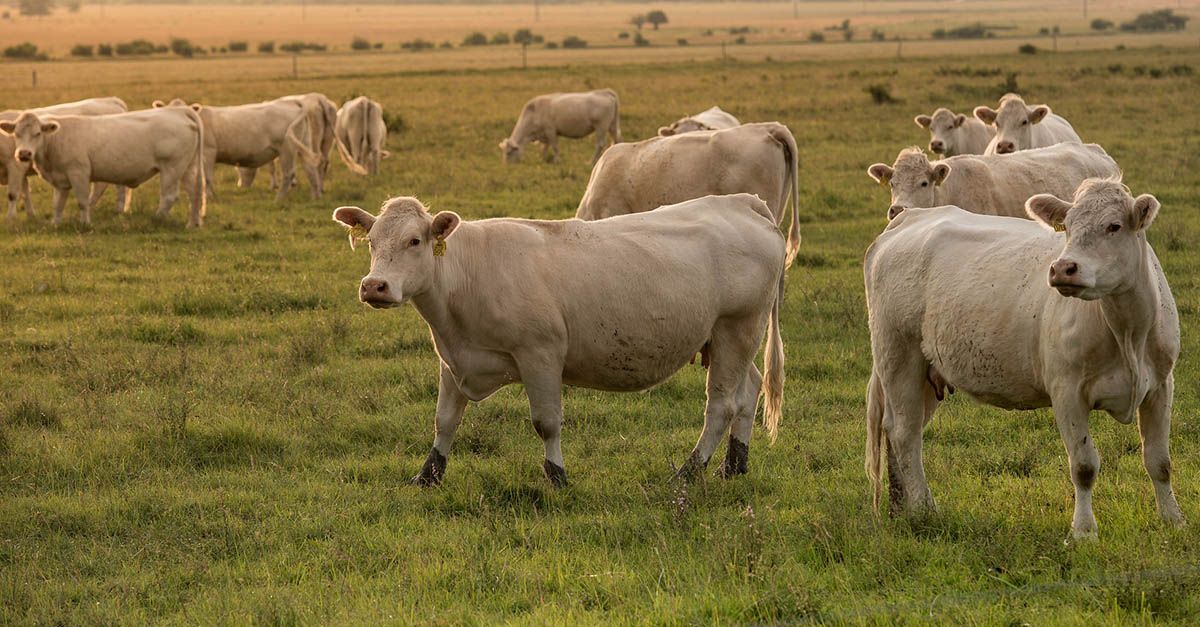Easements and pasture communities

The easement of pastures is one in which one or more people have or have the right to have their cattle graze on a servient estate. In other words, it is a tax that falls on the farm where the pastures are located, for use by persons other than the owner of the land. This easement is regulated in the Civil Code, specifically, in articles 600 to 604.
It is also possible that several people jointly hold the right to graze their cattle on a certain farm or farms, thus forming a pasture community. In this way, each owner can indistinctly take advantage of the pastures located on the land of the rest, forcing themselves to let the cattle of the other co-owners graze on their farm. </ P>
The community of pastures can be constituted by agreement between the interested parties or by the existence of a reciprocal easement between them. In any case, care must be taken not to harm the interest of the community, nor limit the rest of the community members from using the same right.
In a community of pastures, in accordance with the provisions of article 393 of the Civil Code, the members must contribute, both in the benefits and in the charges, in a proportional way to their respective quotas, which are presumed equal, as long as the contrary is not proven.
The community of pastures can only be established by express concession of the owners of the land, which comes from a contract or a provision of last will. However, the community of pastures cannot be established in favor of a universality of subjects, nor on a universality of goods, but it must be constituted in favor of certain people and on certain lands that are perfectly determined.
When there is a community of pastures among the residents of one or more towns, the owner who closes a farm with a wall or hedge, will have to free it from the community. But in this case, the other easements that were already established on the property subsist.
The owner who closes his farm retains his right to community pastures on the other farms that have not been fenced off.
Articles 600 to 602 of the Civil Code pose a great problem in terms of the distinction between “serviences” and “communities” of pastures, regarding which, the doctrine of the Court itself Supreme Court has not maintained a constant criterion. Thus, the Supreme Court Judgment dated February 2, 1954 indicates as a distinguishing note between both figures the fact that the ownership of the property or farm in question belongs to one or more of the interested parties in its use or to all of those who they come together to enjoy them as a community, appearing in the first case the figure of “servitude” and in the second that of the “community” as there is a domain shared by all interested parties over their own and indivisible thing.
The use by the residents of towns without a condominium constitutes a “pasture easement” as stated in the Supreme Court Judgment of March 29, 1972.</ p>
The owner of the land encumbered with the easement of pastures, in accordance with the provisions of article 603 of the Civil Code, can redeem this charge by paying its value to the individuals who have the right to the easement. If nothing has been stipulated, the capital for redemption will be set on the basis of 4% of the annual value of the pastures, according to an expert appraisal.
It is important to distinguish between easement and community of pastures since the right to redeem does not exist in the case of communities, as indicated by the Supreme Court in Rulings dated February 19 of 1954 and of October 23, 1964. This right, as stated in article 603 CC, which has been interpreted by the Supreme Court, can only be raised for “pasture easements”.
The forms of extinction of this type of easement of pastures are regulated in articles 546 and following of the Civil Code, and are the following:< /p>
- That is modified or extinguished by agreement between the parties
- Gather ownership of the farm and right of easement in the same person
- By extinctive prescription, that is, not making use of the easement in 20 years.
- External modification of farms, cannot be used due to the state they are in.
- Change in the legal regime that regulates easements
- Request for extinction by the owner of the property, which must be accepted by the owner of the easement or go to the Court. It must meet several requirements: That the easement involves serious damage to the owner; that the owner offers another place; that does not cause serious harm to the holder of the easement; The expenses that cause this modification must be paid by the owner of the land.
You may be interested in: “Department specialized in Agrarian Law “
Patricia Prendes
Director of the Department of Agrarian Law
11/17/2022



















